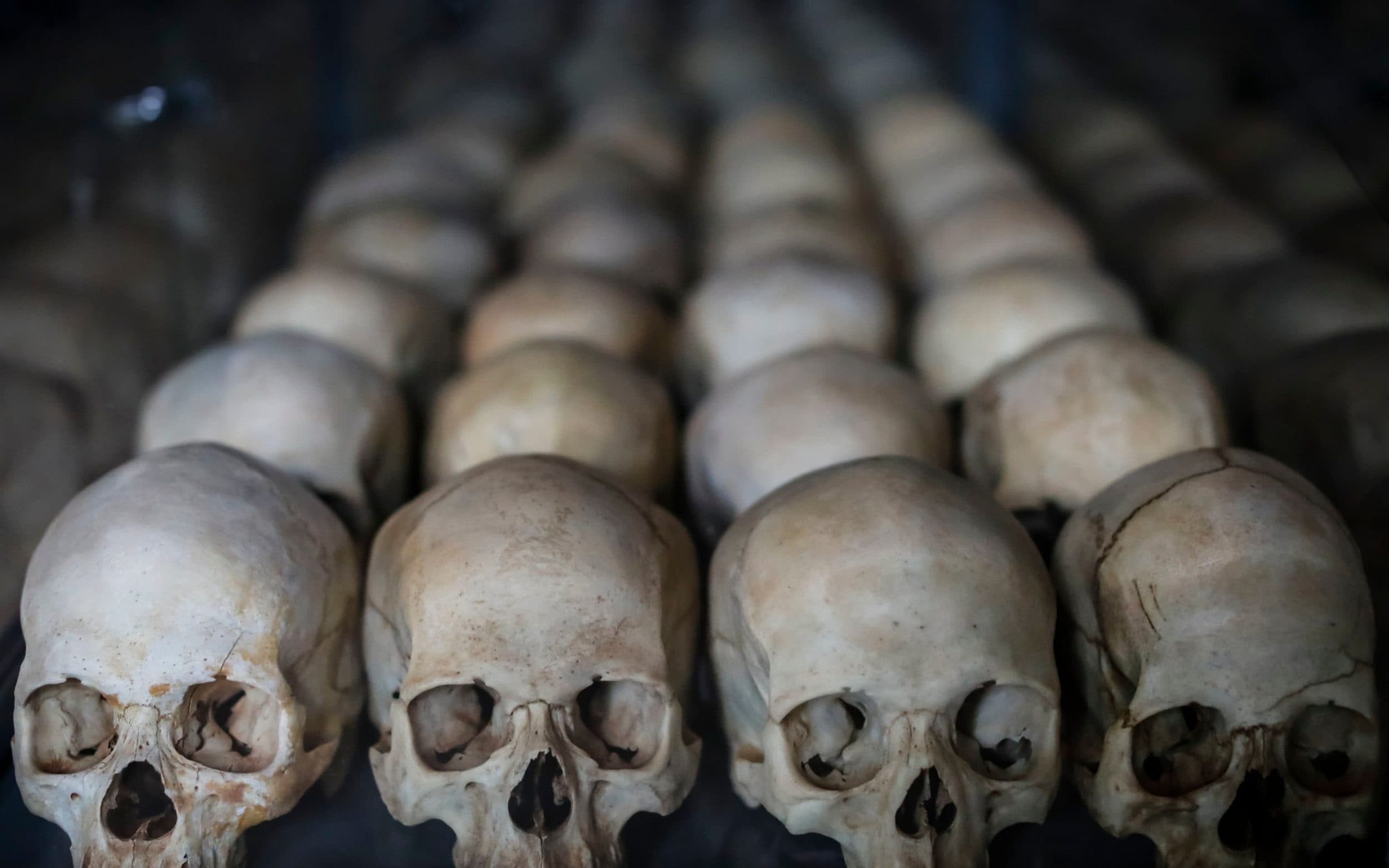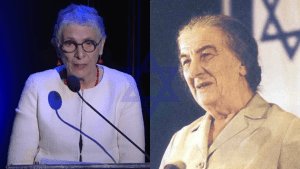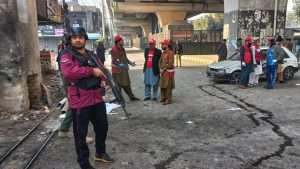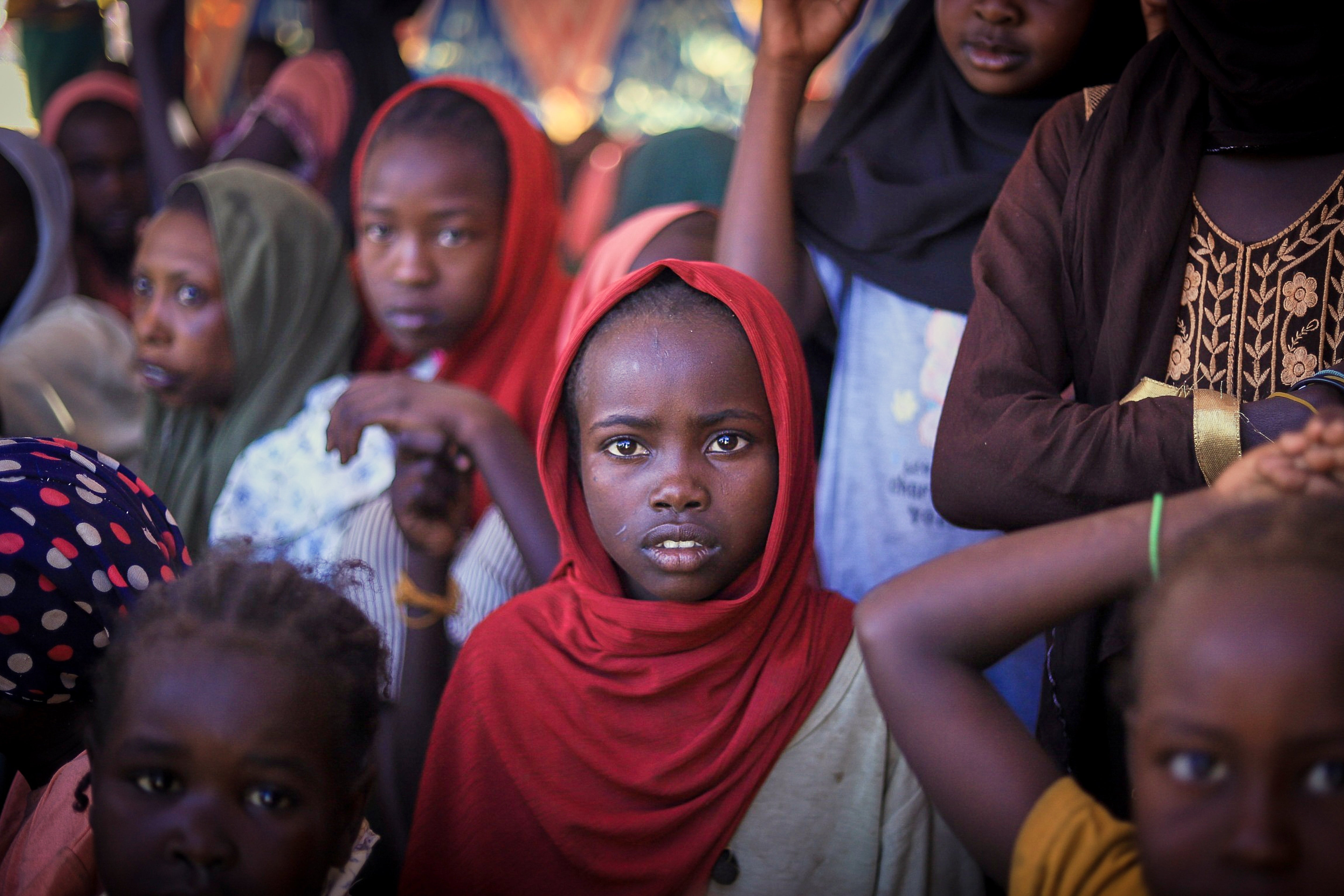Shameless! Macron’s Non, Je Ne Regret Rien on French Algeria

French President Emmanuel Macron has given us his own version of Non, Je Ne Regret Rien. But, whereas the great Edith Piaf’s emphasis was largely on her personal love life, Macron’s refusal to regret “rien” is on his country’s 132-year-long colonisation of Algeria and its role in its war of independence, which saw French troops slaughter well in excess of 1.5 million Algerians, as well as the rise of the far right Organisation Armée Secrèt OAS), whose shadowy influence still lingers.
To Macron, like Piaf before him, Je m’en fou de passé, I don’t care about the past! But Algeria’s 45 million people care very much about the past and, in particular, about the unspeakable war crimes France committed during Algeria’s 1954-1962 War of Independence, which, along with Vietnam’s independence struggle, is the twentieth century’s most important such conflict.
Marcon, in his 11 January interview with Le Point magazine, skips around all of that, thereby doing a total reverse of his 2017 stance when then-presidential candidate Macron stated that the French occupation of Algeria was a “crime against humanity.” Because Macron has previously questioned whether Algeria even existed as a nation before being colonised by France, his comments deserve scrutiny.
There are, for our purposes, two elements to Algeria’s Independence War. These are the subjugation often, as in May 1945, by unspeakable and unjustifiable displays of French force, of the Algerians and the imposition of French colonisers as a sort of brahmin or kshatriyas (rulers, administrators and warriors) caste atop the deprivations of ordinary Algerians.
Whilst the French colonisers did give us Albert Camus and no doubt contributed much to Algeria’s social, economic and cultural development, to the Algerians as with the Vietnamese, much of that was done on the skulls of their blood relatives, and the FLN, like the Viet Minh, weren’t having it.
Even though Sartre’s fiction describes some of the horrible crimes the French authorities committed against Algerians both in France itself and in French Algeria, those and other descriptions belong only in a war crimes’ tribunal, as they are much too horrible to recount without good cause.
It is this whole concept of French Algeria or French Indo-China that concerns me here. To imagine, as France liked to, that the Algeria and Cambodia that they recklessly plundered were integral parts of the French nation is a cynical, if not downright stupid, self serving exercise in French self-deception.

Although all of that might, at first glance, seem reasonable today, Macron’s comments show that is not the case. We don’t have to read Frantz Fanon to see that France never had a claim on Algeria and had no business to be there.
Although Fanon, along with the aims and objectives of Algeria’s Front de Libération Nationale (FLN) are being forgotten with the passing of time, France’s revisionist discourse, encouraged by Macron, is not a suitable or, indeed worthy or particularly honest or objective replacement.
The aim of France’s revisionist school is to liquidate Algeria’s revolutionary tradition, the FLN’s raison d’être, as once espoused by Fanon, and to thereby allow Macron and much of France to continue to equivocate about its colonial crimes, much as Kipling and so many others did in Britain’s case.
In giving the finger to Algeria, Macron is echoing the views of France’s professional revisionists, who span the entire political spectrum, from conservative Guy Pervillé and Macron’s more left-leaning Benjamin Stora to quasi-liberals such as Sylvie Thénault, Raphaëlle Branche, and Jean Jacques Jordi.
To all of these characters there are, no matter how they couch it, two sets of victims, the Algerians and their well-meaning French overlords. Thénault is particularly intriguing in how she dresses up her apologies for French crimes by using feminist terms and liberally borrowing such metaphors, as “dark hours” and “black pages,” which were previously employed to dilute the wide spread collaboration with the Nazis of the French Vichy regime’s own enforcers.
While Branche asserts that the methods of the OAS were merely the French equivalents of the FLN, that unbridled moral equivalency argument does not apply in Algeria, just as it did not apply in Vietnam.
Although there was much to admire in France’s colonies, just as there was very much to admire in the Ancien Régime before the Bastille was stormed, disenfranchisement, gross economic exploitation, and the denial of basic freedom, all of which are non-negotiable, were not amongst those jewels of empire.
Macron’s decision to commission Stora to “work on memory, truth, and reconciliation for us as well as for our ties to Algeria” and to express “a new will for the reconciliation of the French and Algerian peoples” so that the post-war generations on both sides can be free of the “stigma of the war so they can write their history” must be seen in this ugly revisionist light.
Macron’s repeated endorsement of the revisionist school is a dis-service to the peoples of both France and, most especially, Algeria, who were tortured and mass murdered for something less banal and more glorious than a lukewarm apology by Macron and these ideologically driven historians he employs to justify French crimes past, present and future.
Want to chase the pulse of North Africa?
Subscribe to receive our FREE weekly PDF magazine













